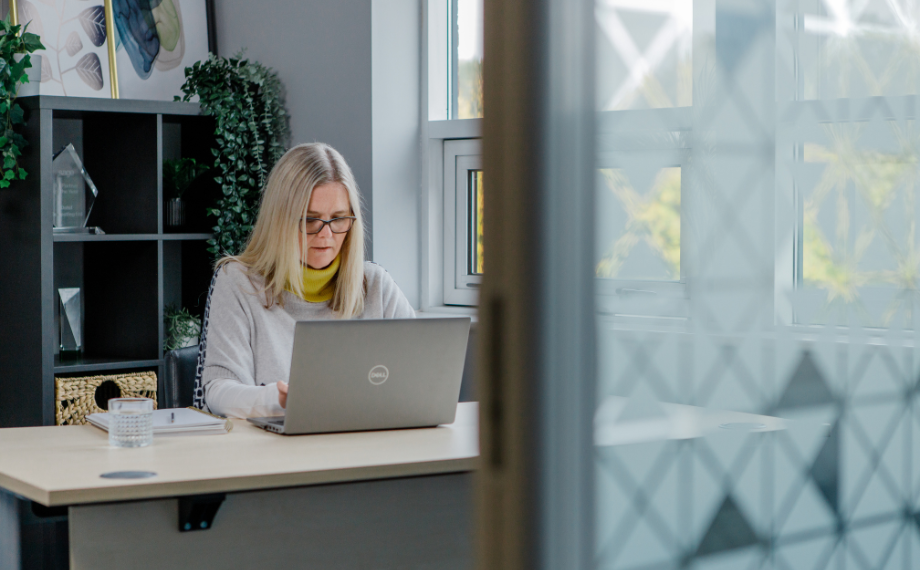
Sage Intacct 2023 R4: Functionality highlights
If you’ve heard about the release of Sage Intacct, then you’re probably curious about the new changes and of course, what they mean to you. I recently caught up with John Hesketh, Sage Intacct ...
1st February 2024
1 min read



